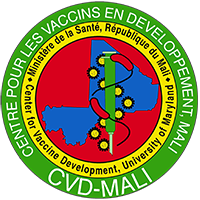I have spent a large part of my time during the last three months in the field, in various parts of rural Mali, trying to ensure that CVD-Mali’s large-scale trials are able to get up and running.
I have also been working on our ongoing COVID-19 research projects and, of course, training and developing the skills of a whole host of field workers, whose expertise and knowledge are crucial to every one of these projects.
It has been a challenging time – there is so much to do and working in the shadow of the COVID-19 pandemic brings with it an array of problems beyond those we might ordinarily encounter. We have done all that we can to ensure that all our co-workers and study subjects are able to take part in CVD-Mali’s vital healthcare projects without compromising their own health.
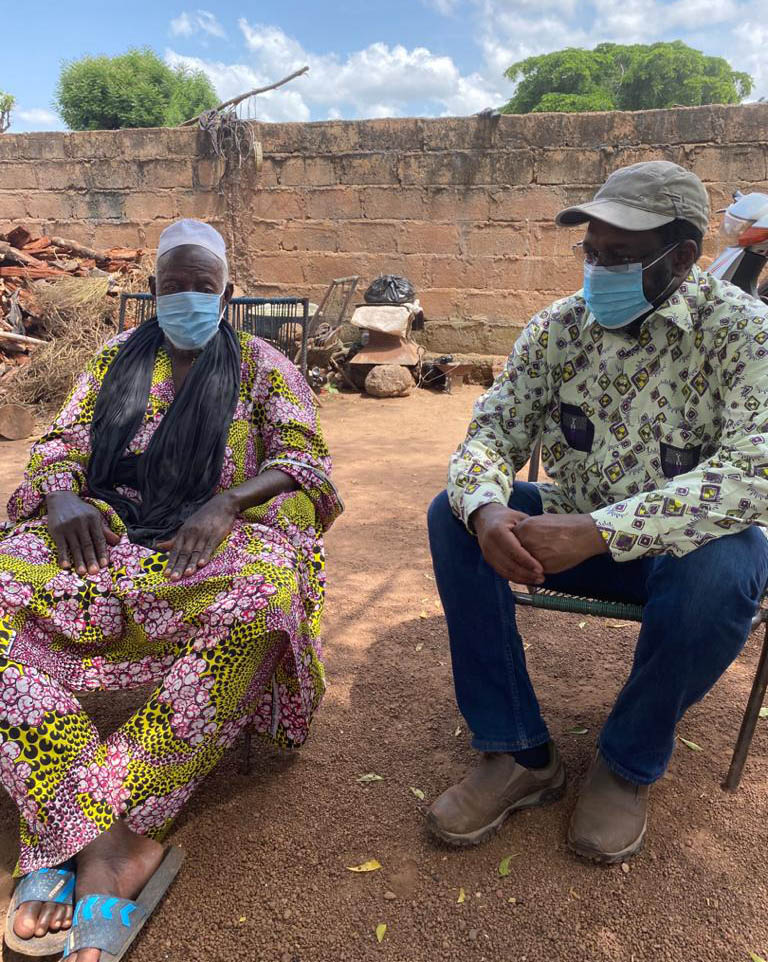
It’s always good to be back in the field. I started my career doing fieldwork many years ago – and even though I have spent a fair share of my time in offices and meetings since then, I still feel that the field is my home environment.
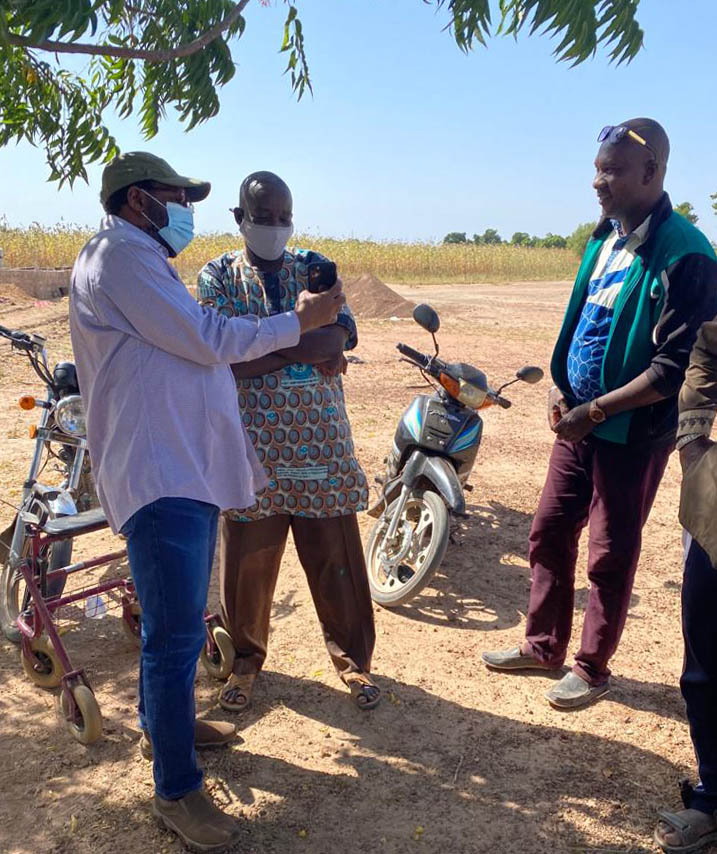
The work is often tiring, and the hours are always long. But it is absolutely crucial to the work we do at CVD-Mali. Being able to communicate effectively to a community leader why we are carrying out our research, why we do it one way and not another, talking about the potential benefits is not just a public relations exercise. It is a core principle of research carried out within countries and communities for the direct benefit of those same countries and communities.
We have, of course, a number of technical partners and support structures which remain critical, and we adhere strictly to global ethical standards and good clinical practice. But when we come to Koutiala, Sikasso, Kita, Kayes, Koulikoro and Segou, we are here because the people in these communities are the be all and end all of our work.
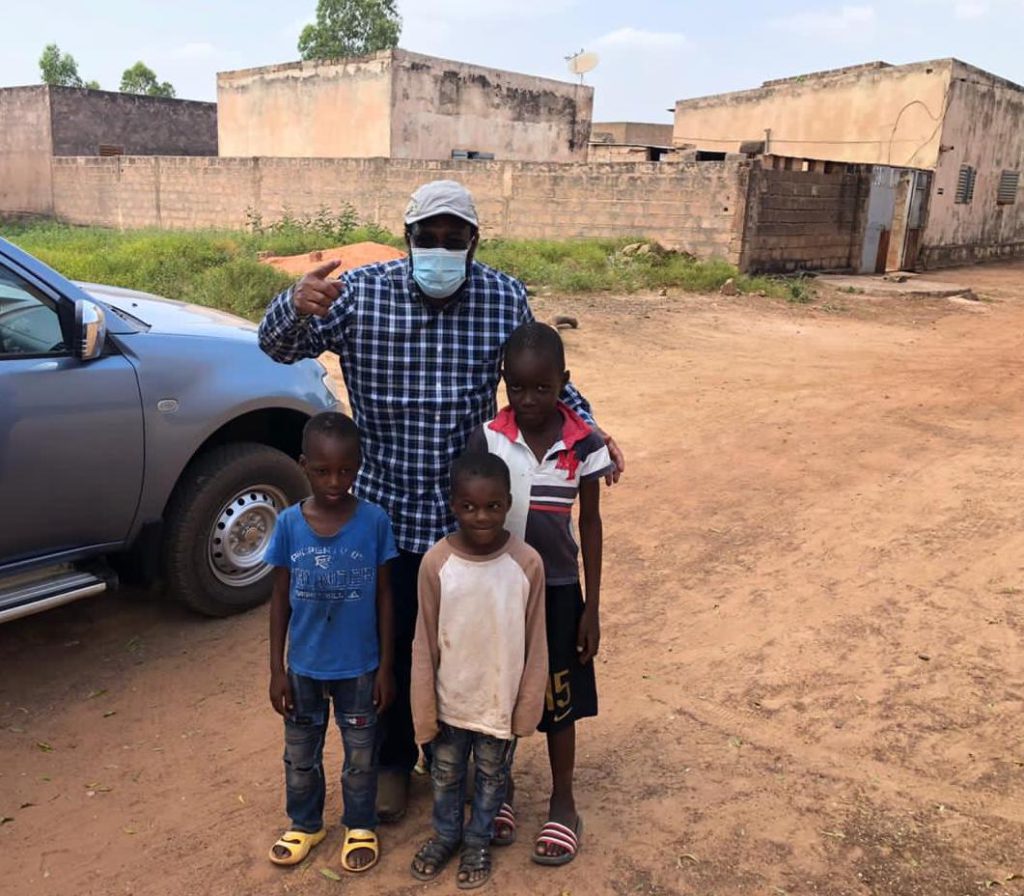
The people best placed to serve the interests and needs of a country’s communities are those who work within those countries and communities
Prof Samba Sow
In the global health field today, there is increasing talk of “country ownership” of health programmes and initiatives. At the heart of this is a simple but profound truth: that the people best placed to serve the interests and needs of a country’s communities are those who work within those countries and communities, who know their people and who will work with them to give them ownership of the interventions they need to make their populations healthier and more resilient.
We have to enable those directly concerned to play an active part in the transformation of their communities and lives.
Prof Samba Sow
The World Health Organisation’s Sustainable Development Goals will only be met in this way; countries, people and communities working for change, village by village, community by community.
This must be the way we go about things. This has to be the way international partnerships and global frameworks are drawn up. We have to enable those directly concerned to play an active part in the transformation of their communities and lives.
What’s more, this is good for everybody. Context-driven research is better research and leads to the setting of better priorities. It enables stronger mechanisms and addresses gaps that could only be identified locally.
On behalf of CVD-Mali, I am proud to advocate for countries’ rights to develop and build their research capacity. I want Mali’s scientists to thrive, women in particular. I want them to have flourishing careers in Malian institutions, so that they in turn can inspire their sons and daughters to work for their communities. This, of course, means changes to current international funding models – and I am proud to advocate for support structures which will enable countries to answer their research questions themselves.
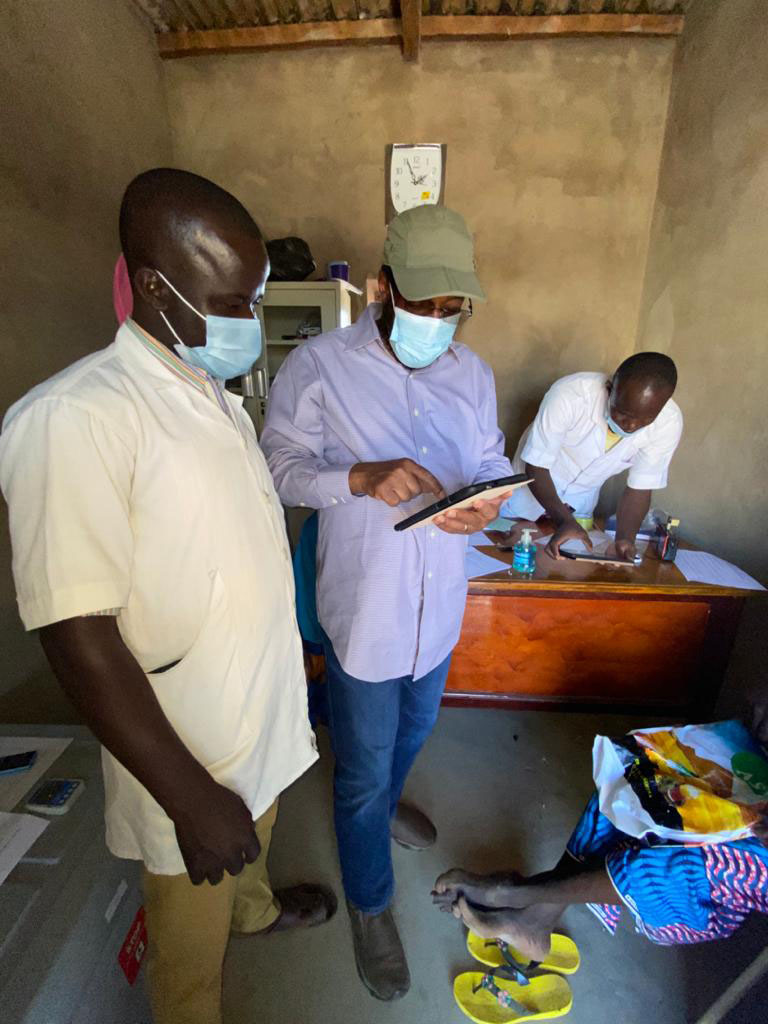
My beloved Mali, like so many similar places, is at a critical juncture. The COVID-19 pandemic and uncertainty more generally have put at risk some really hard-won progress. Infant and maternal mortality rates remain far too high in Mali – they may yet become higher still. Primary health care is more fragile than ever; such basic provisions as immunization, family planning and nutrition are being seriously affected.
We cannot afford to let this continue. It is my fervent hope that support from partners and funders will allow countries like mine to drive forward their own research agenda and to make for themselves the changes they so badly need.
Samba O Sow, Director General, CVD-Mali
